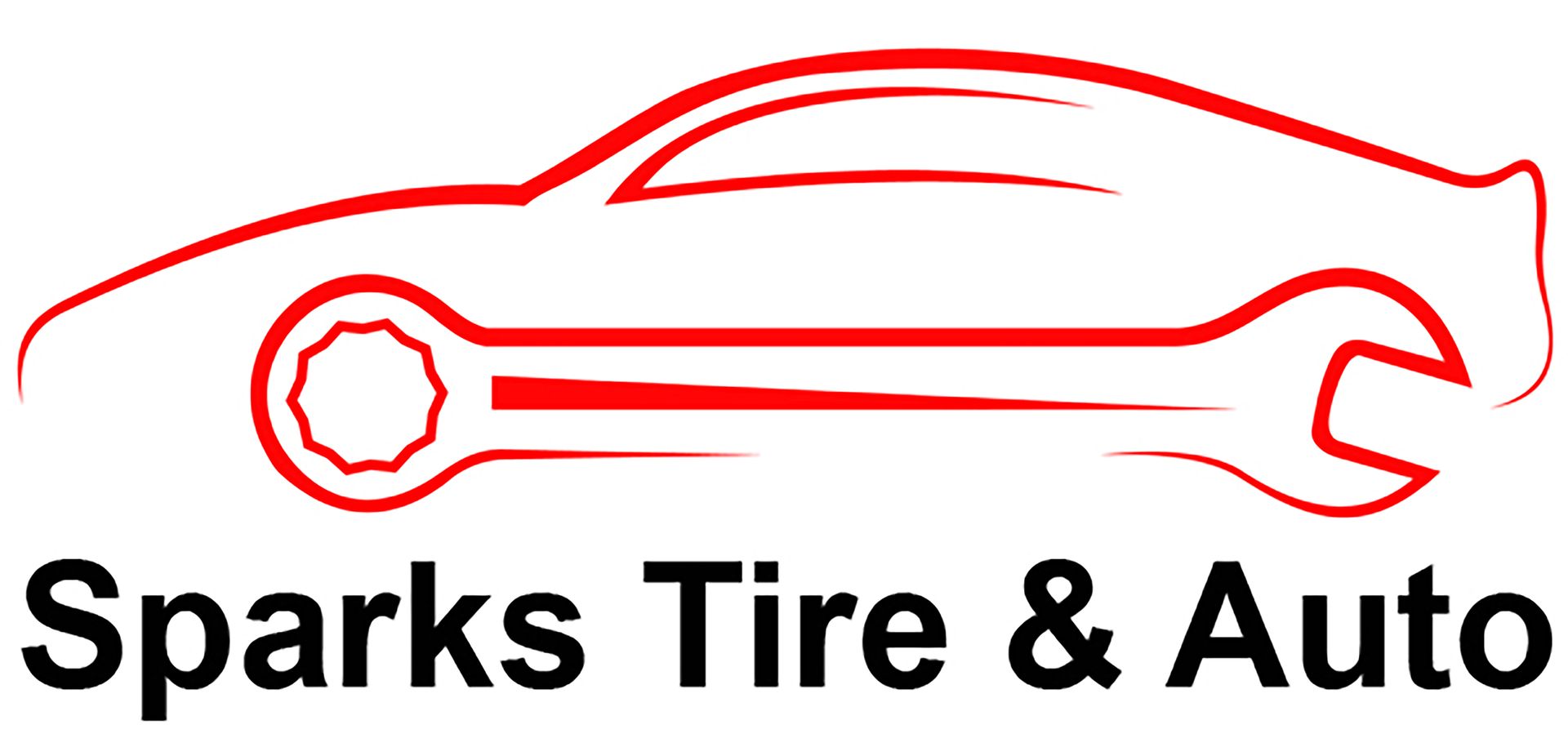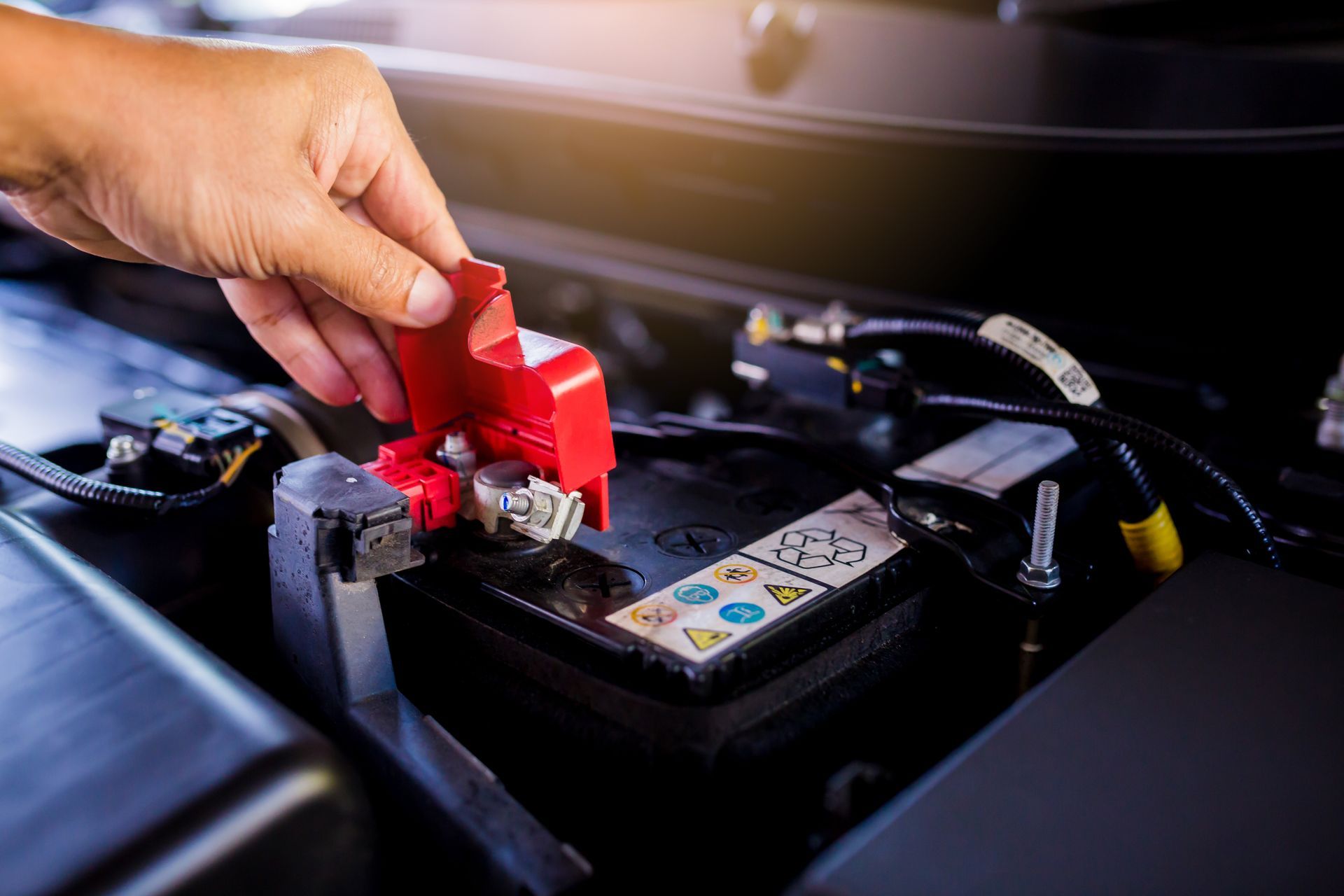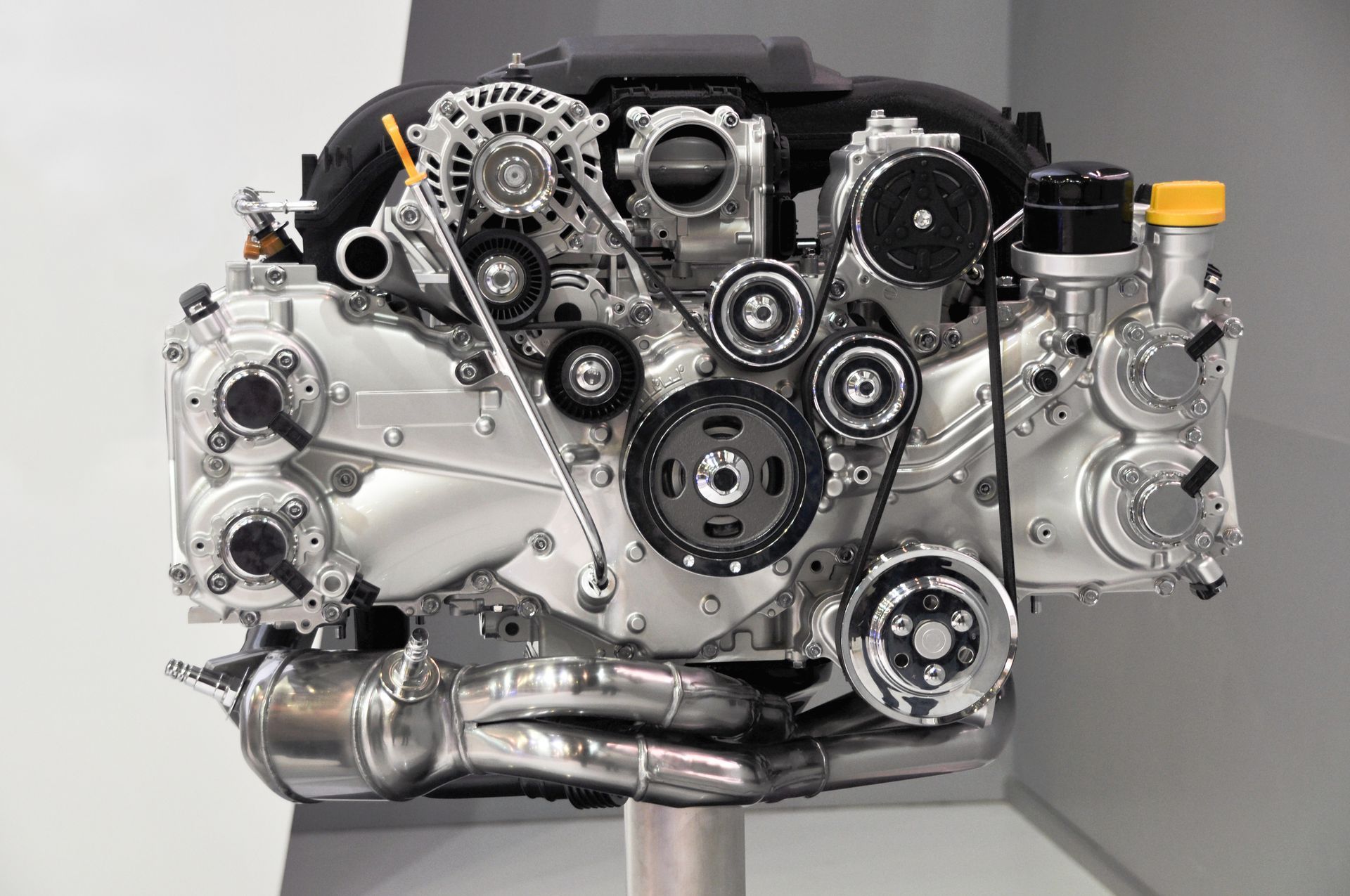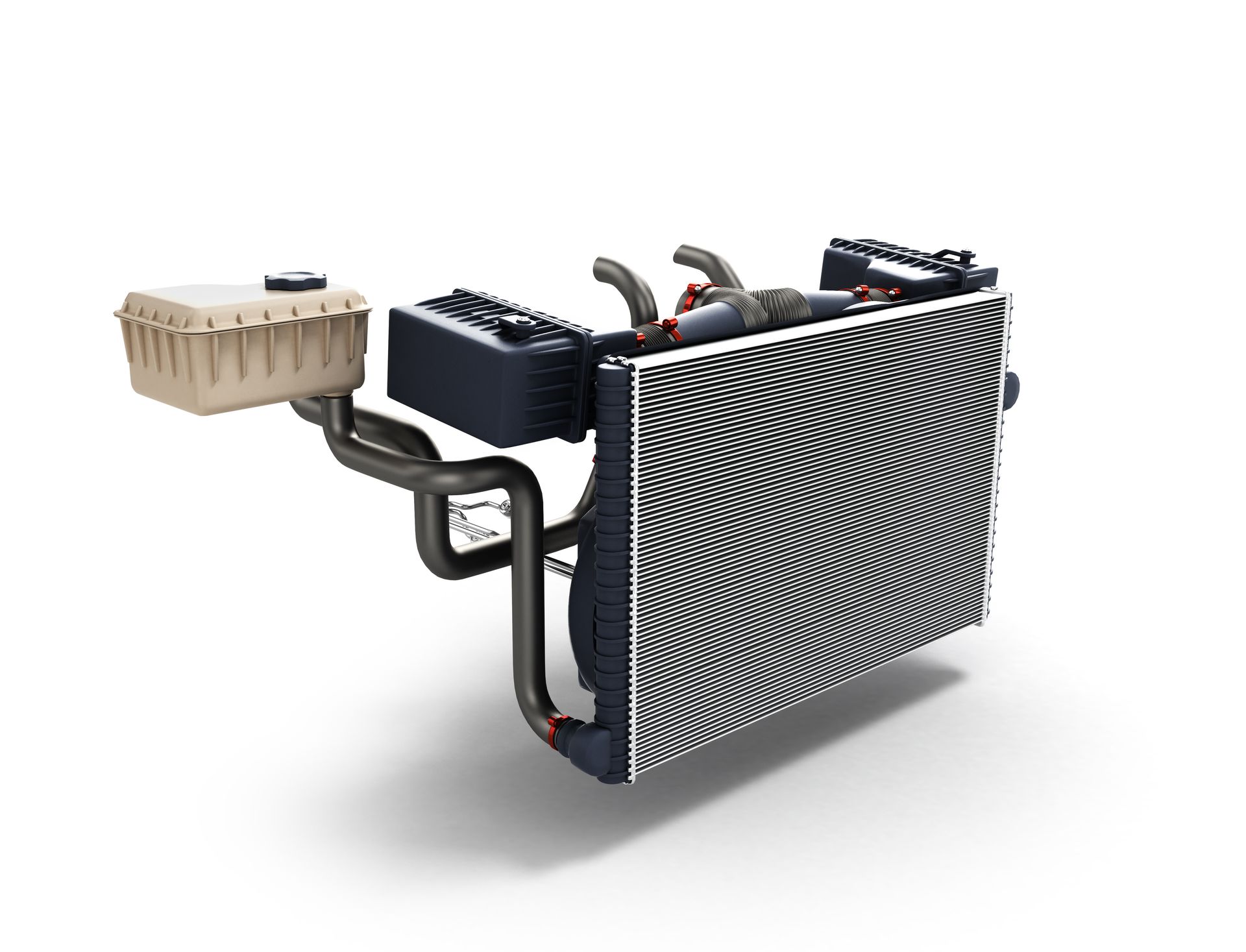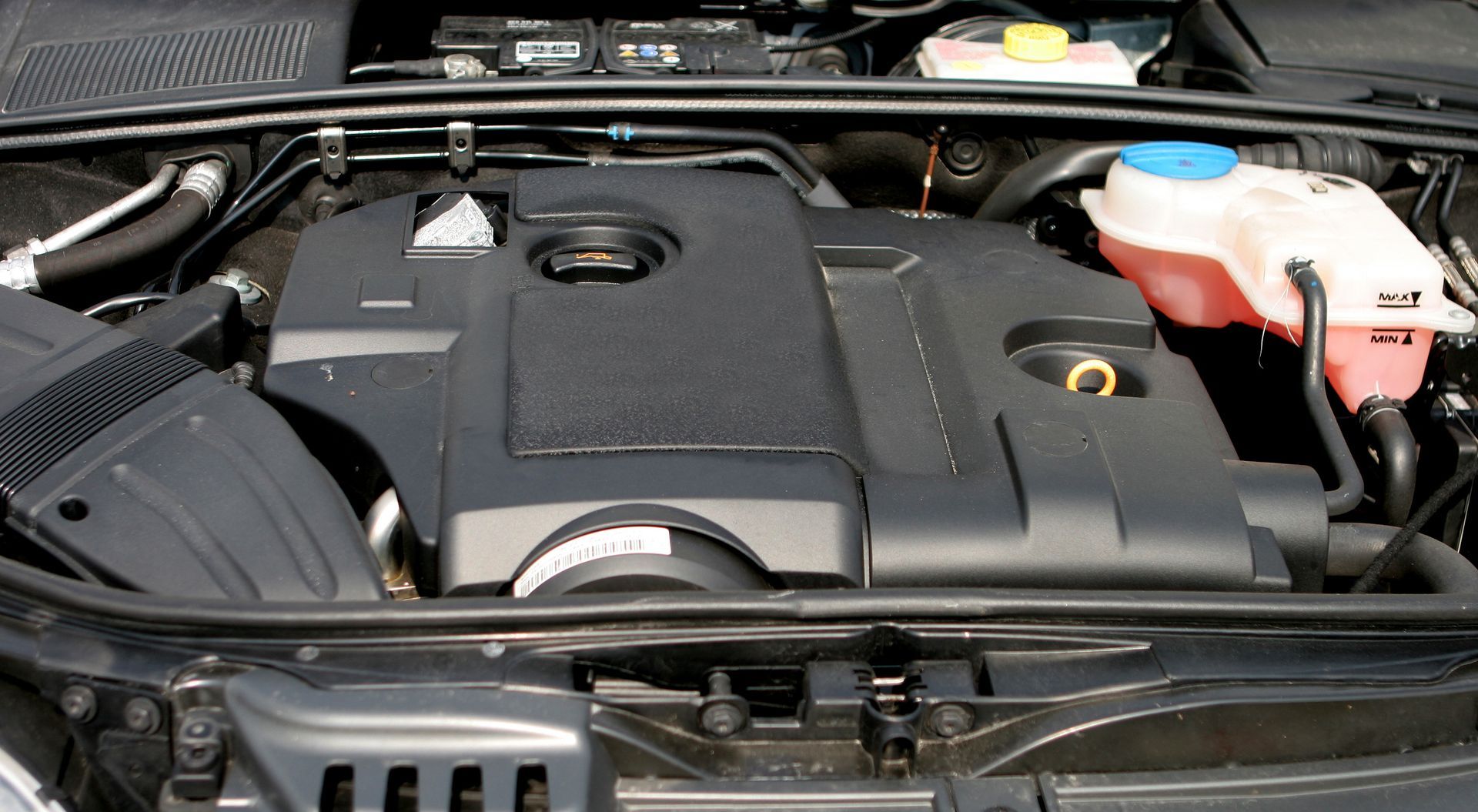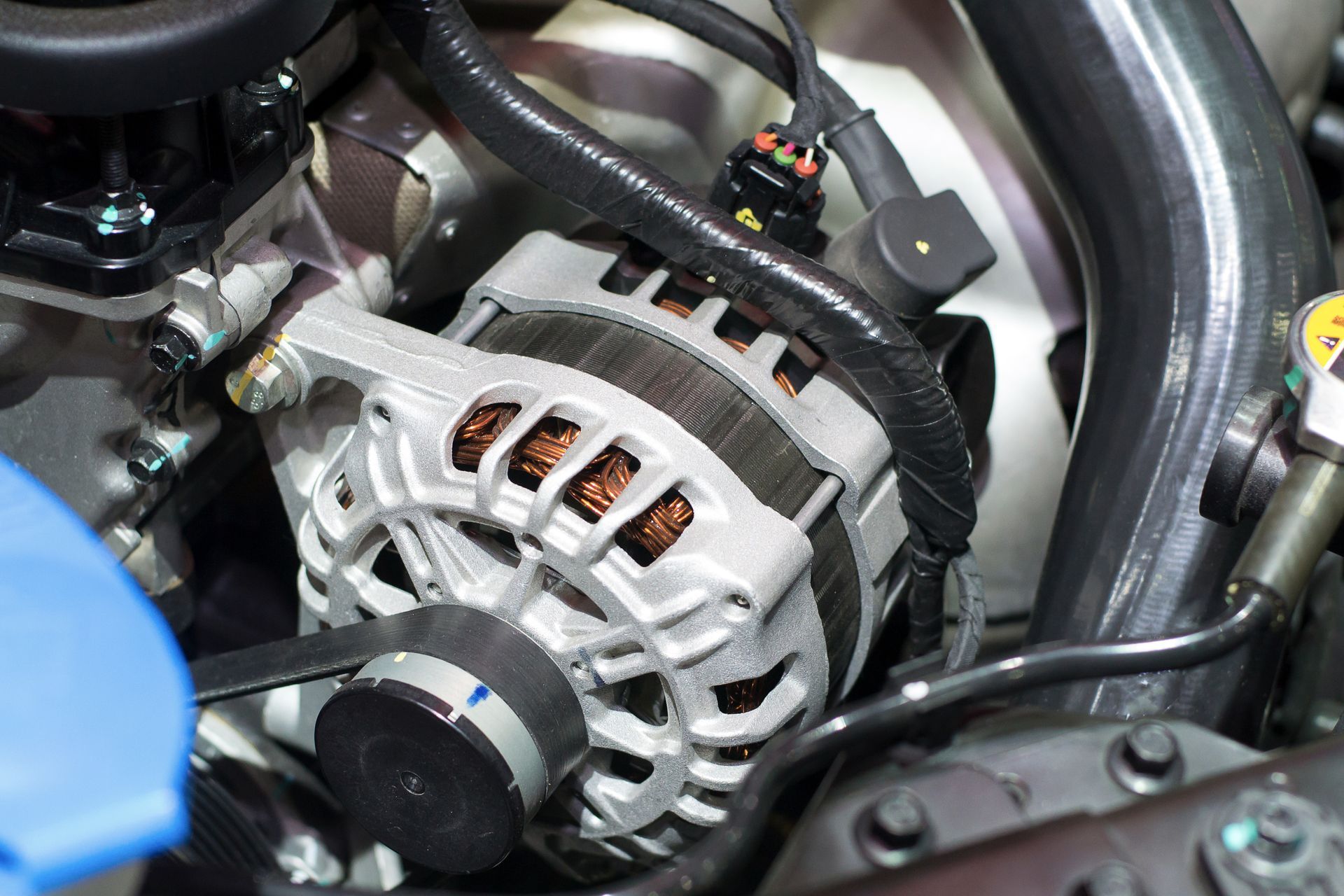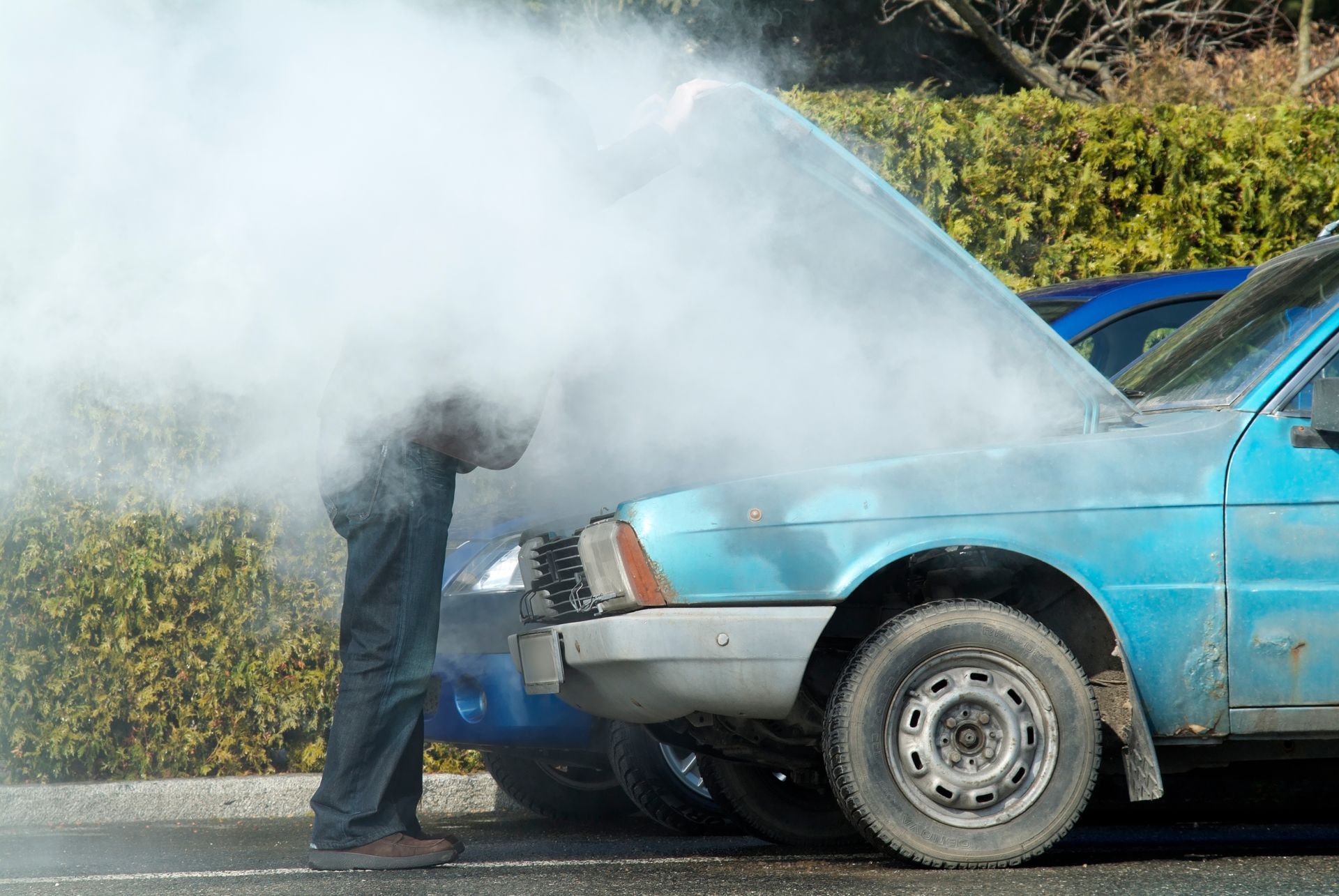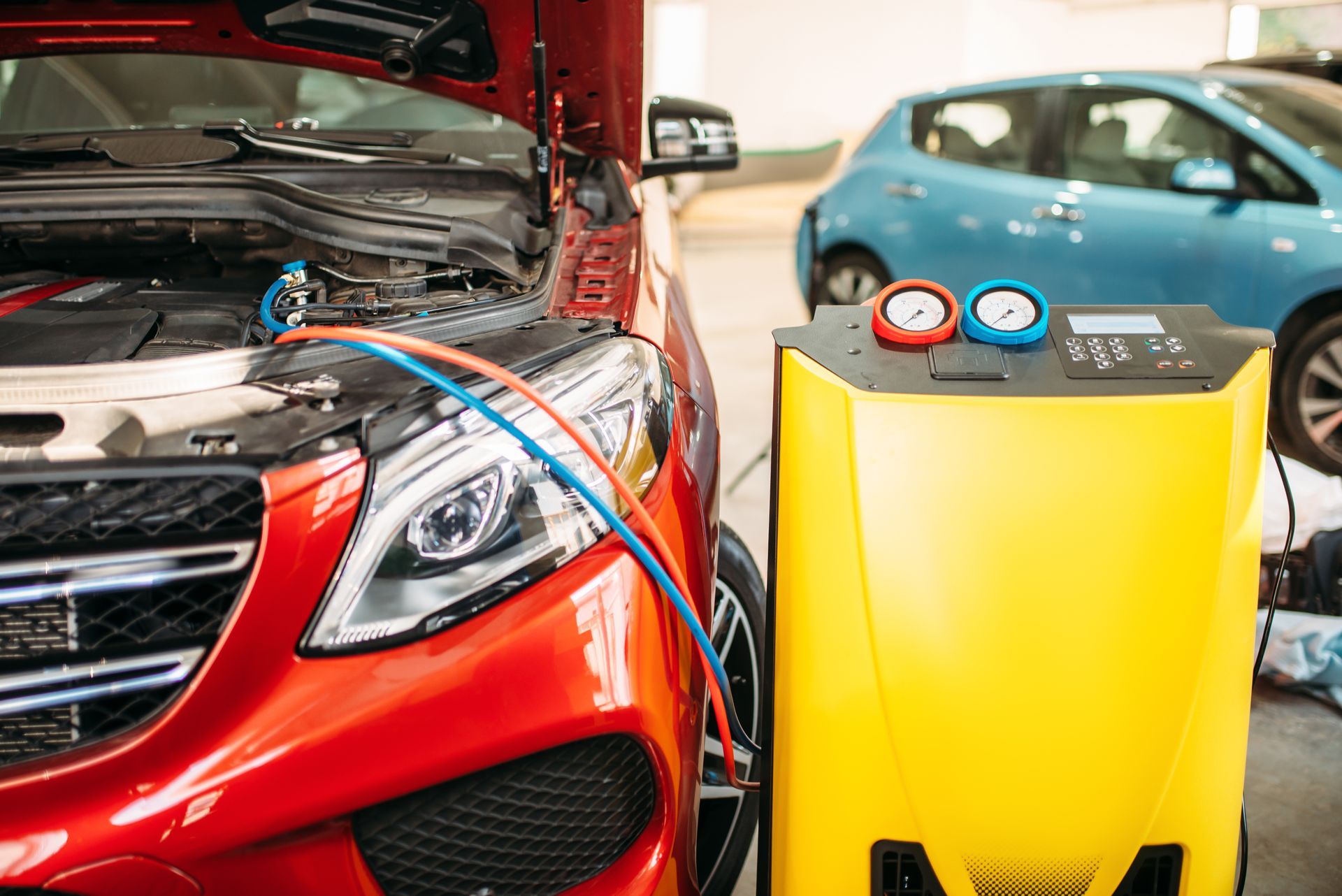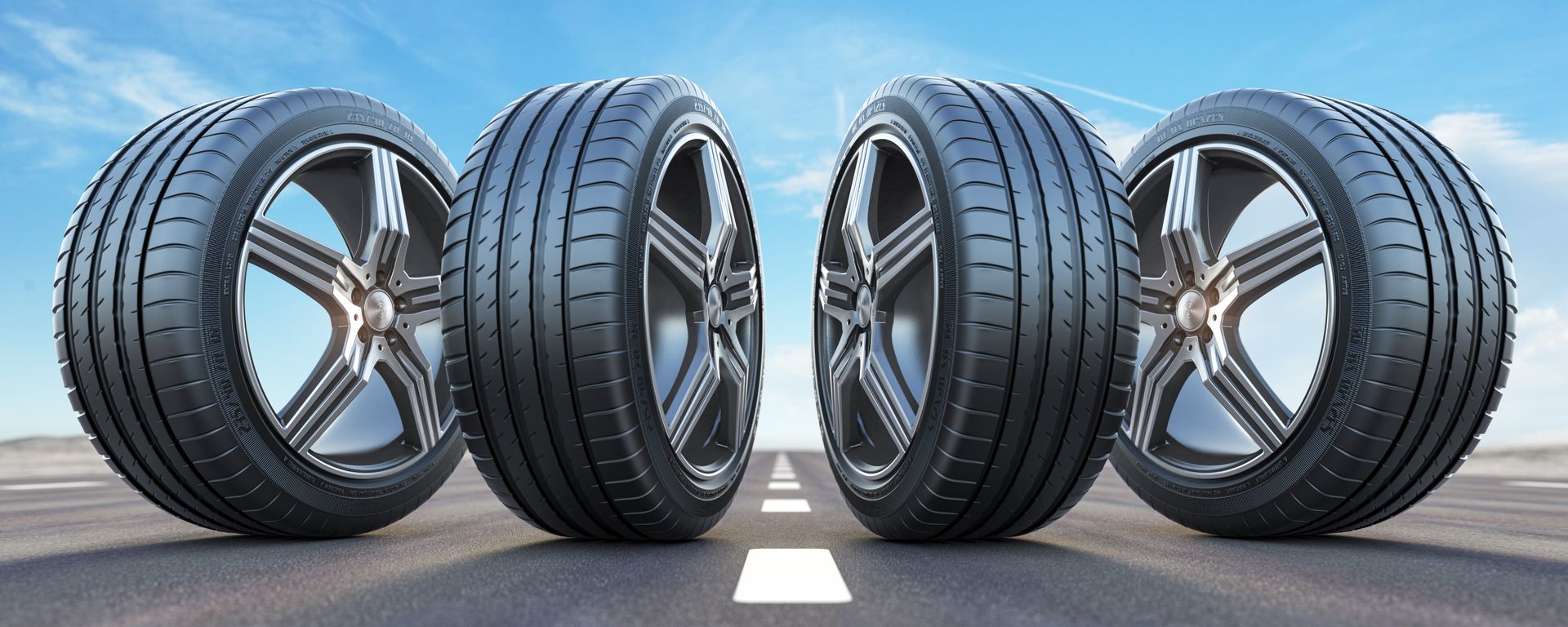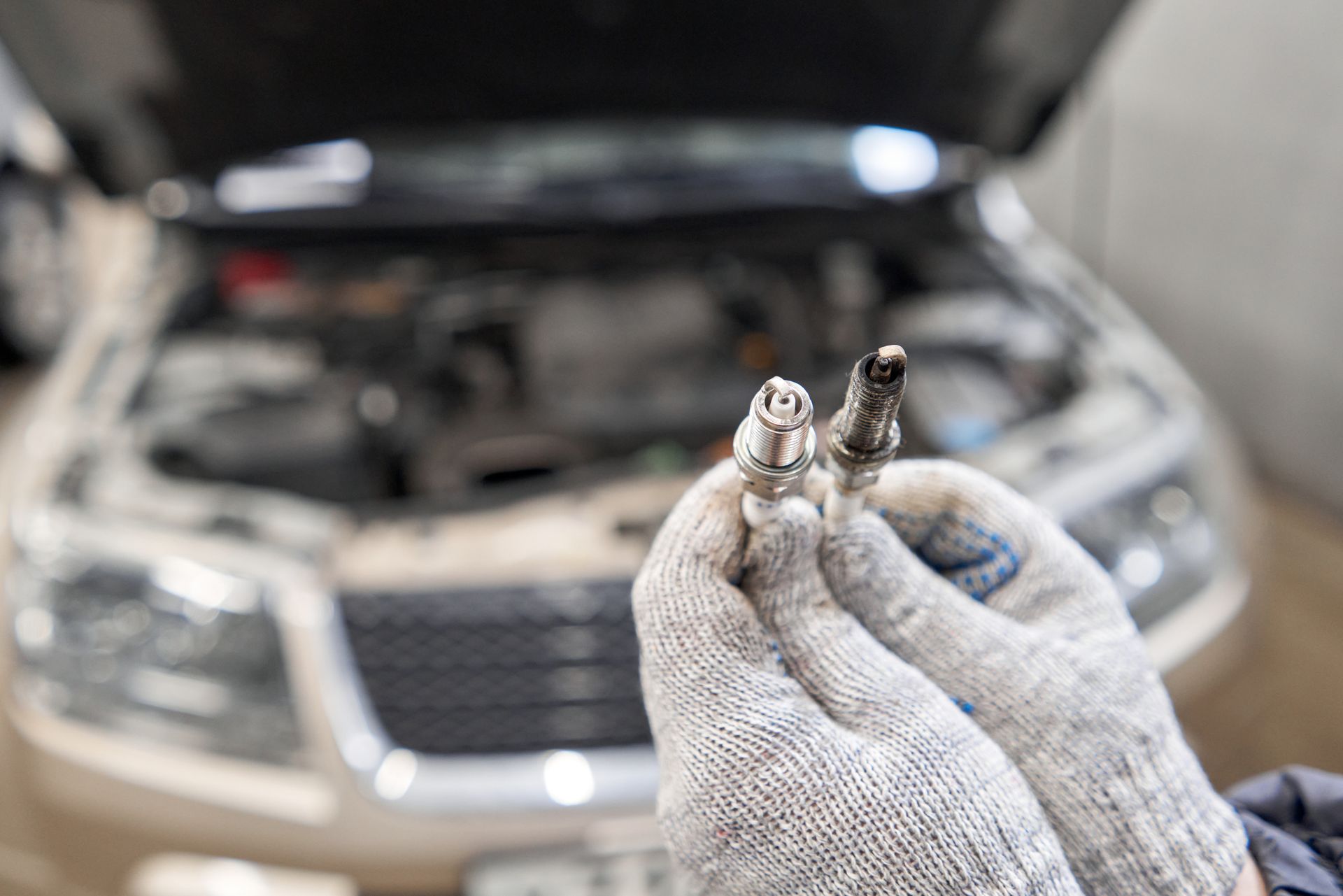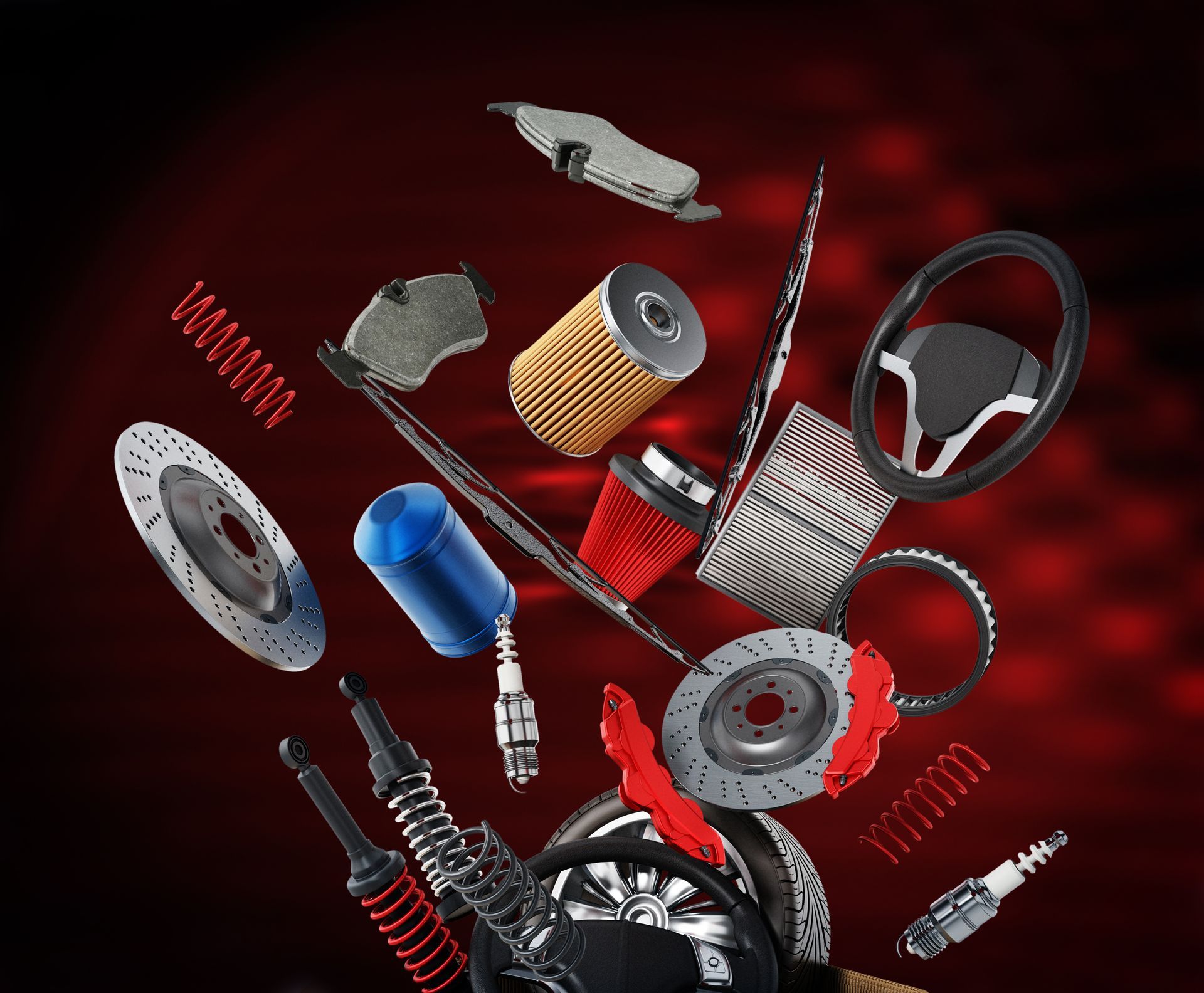Your vehicle is an intricate system of interconnected parts working together to deliver reliable and efficient driving. Among the many components under the hood is the exhaust recirculation pump, a critical element in controlling emissions and maintaining engine performance. But what happens when this pump begins to fail? The consequences might be more significant than you’d expect, affecting everything from fuel efficiency to the environment.
What Is an Exhaust Recirculation Pump
The exhaust recirculation pump plays a vital role in reducing harmful emissions. It’s part of the Exhaust Gas Recirculation (EGR) system, which recirculates a portion of the engine’s exhaust gasses back into the combustion chamber. By doing this, it lowers the combustion temperature and reduces nitrogen oxide (NOx) emissions—a significant contributor to air pollution.
This pump ensures that the process runs efficiently by maintaining the necessary flow of exhaust gases. When it’s working properly, you’ll notice smoother engine performance and improved fuel economy. But when it starts to fail, the effects can ripple through multiple aspects of your car’s operation.
Signs That Your Exhaust Recirculation Pump Might Be Failing
A failing exhaust recirculation pump doesn’t usually go unnoticed. Your vehicle will likely give you a few clear signals that something is wrong. Here are some common warning signs to watch for:
- Reduced Engine Performance: One of the first things you might notice is a drop in power. Your car could struggle to accelerate, or you might feel a general sluggishness.
- Check Engine Light: If the pump isn’t doing its job, your car’s onboard diagnostic system will likely trigger the check engine light. This could point to issues within the EGR system.
- Increased Emissions: A faulty pump can’t properly regulate exhaust gas flow, leading to higher emissions. If your car fails an emissions test, this could be the culprit.
- Rough Idling: When the EGR system isn’t functioning correctly, your engine may idle roughly or even stall.
If you notice any of these symptoms, it’s crucial to address the problem sooner rather than later to avoid compounding issues.
How a Failing Pump Impacts Your Vehicle
The effects of a failing exhaust recirculation pump extend beyond minor inconveniences. Here’s what could happen if the problem is ignored:
- Decreased Fuel Efficiency: With the pump not regulating emissions effectively, your engine has to work harder, leading to a drop in fuel economy.
- Potential Engine Damage: Excess heat in the combustion chamber can lead to knocking or even long-term damage to your engine’s components.
- Environmental Harm: Increased emissions from a failing pump contribute to air pollution, undermining efforts to keep the environment clean.
What Causes the Exhaust Recirculation Pump to Fail
Several factors can lead to the failure of an exhaust recirculation pump, including:
- Carbon Buildup: Over time, soot and carbon deposits can clog the EGR system, preventing the pump from functioning properly.
- Wear and Tear: Like any other part, the pump has a finite lifespan and can wear out after years of use.
- Faulty Electrical Connections: The pump relies on electrical signals to operate, and a bad connection can lead to intermittent or complete failure.
Understanding these causes can help you take preventive measures, such as regular maintenance and inspections.
Keeping Your EGR System in Check
Maintaining the health of your exhaust recirculation pump is crucial for your vehicle’s overall performance. Regular inspections and cleaning of the EGR system can go a long way in preventing issues. If your car is experiencing any of the symptoms mentioned earlier, don’t hesitate to get it checked out by a professional.
Take the first step toward better fuel efficiency and cleaner emissions. Visit
Sparks Tire & Auto for thorough inspections and repairs. Call us today to make an appointment!
